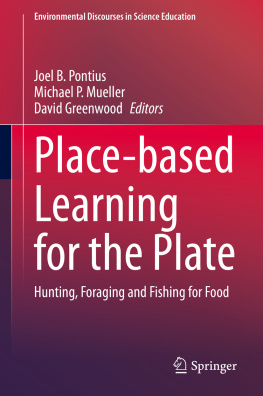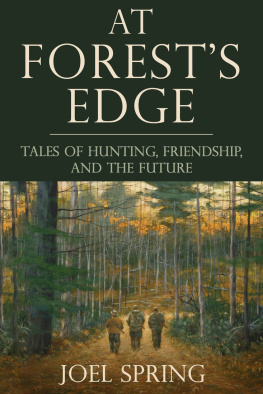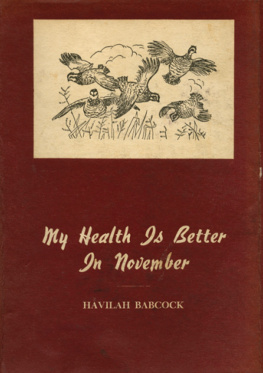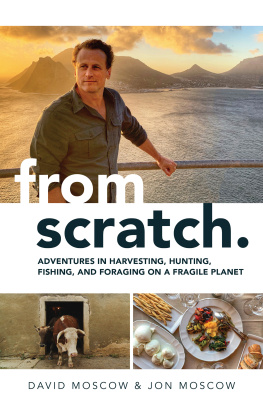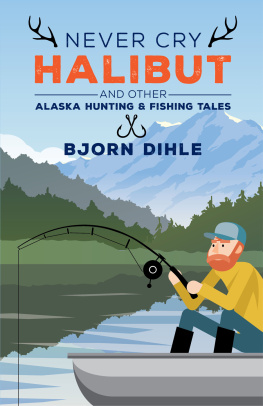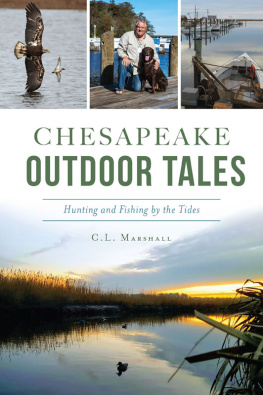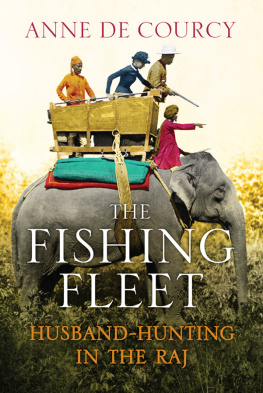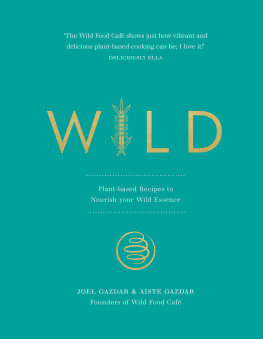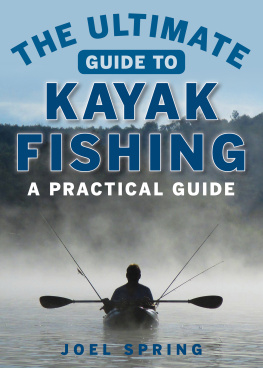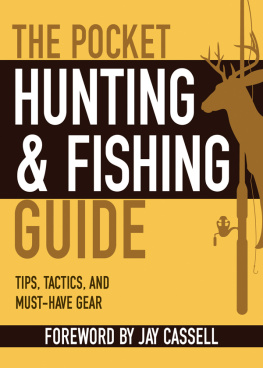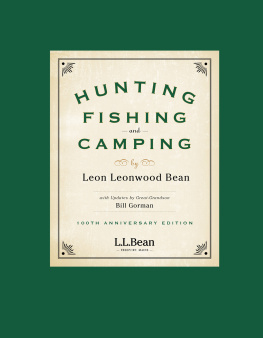Joel B. Pontius - Place-based Learning for the Plate : Hunting, Foraging and Fishing for Food
Here you can read online Joel B. Pontius - Place-based Learning for the Plate : Hunting, Foraging and Fishing for Food full text of the book (entire story) in english for free. Download pdf and epub, get meaning, cover and reviews about this ebook. year: 2020, genre: Home and family. Description of the work, (preface) as well as reviews are available. Best literature library LitArk.com created for fans of good reading and offers a wide selection of genres:
Romance novel
Science fiction
Adventure
Detective
Science
History
Home and family
Prose
Art
Politics
Computer
Non-fiction
Religion
Business
Children
Humor
Choose a favorite category and find really read worthwhile books. Enjoy immersion in the world of imagination, feel the emotions of the characters or learn something new for yourself, make an fascinating discovery.
- Book:Place-based Learning for the Plate : Hunting, Foraging and Fishing for Food
- Author:
- Genre:
- Year:2020
- Rating:3 / 5
- Favourites:Add to favourites
- Your mark:
- 60
- 1
- 2
- 3
- 4
- 5
Place-based Learning for the Plate : Hunting, Foraging and Fishing for Food: summary, description and annotation
We offer to read an annotation, description, summary or preface (depends on what the author of the book "Place-based Learning for the Plate : Hunting, Foraging and Fishing for Food" wrote himself). If you haven't found the necessary information about the book — write in the comments, we will try to find it.
Joel B. Pontius: author's other books
Who wrote Place-based Learning for the Plate : Hunting, Foraging and Fishing for Food? Find out the surname, the name of the author of the book and a list of all author's works by series.
Place-based Learning for the Plate : Hunting, Foraging and Fishing for Food — read online for free the complete book (whole text) full work
Below is the text of the book, divided by pages. System saving the place of the last page read, allows you to conveniently read the book "Place-based Learning for the Plate : Hunting, Foraging and Fishing for Food" online for free, without having to search again every time where you left off. Put a bookmark, and you can go to the page where you finished reading at any time.
Font size:
Interval:
Bookmark:
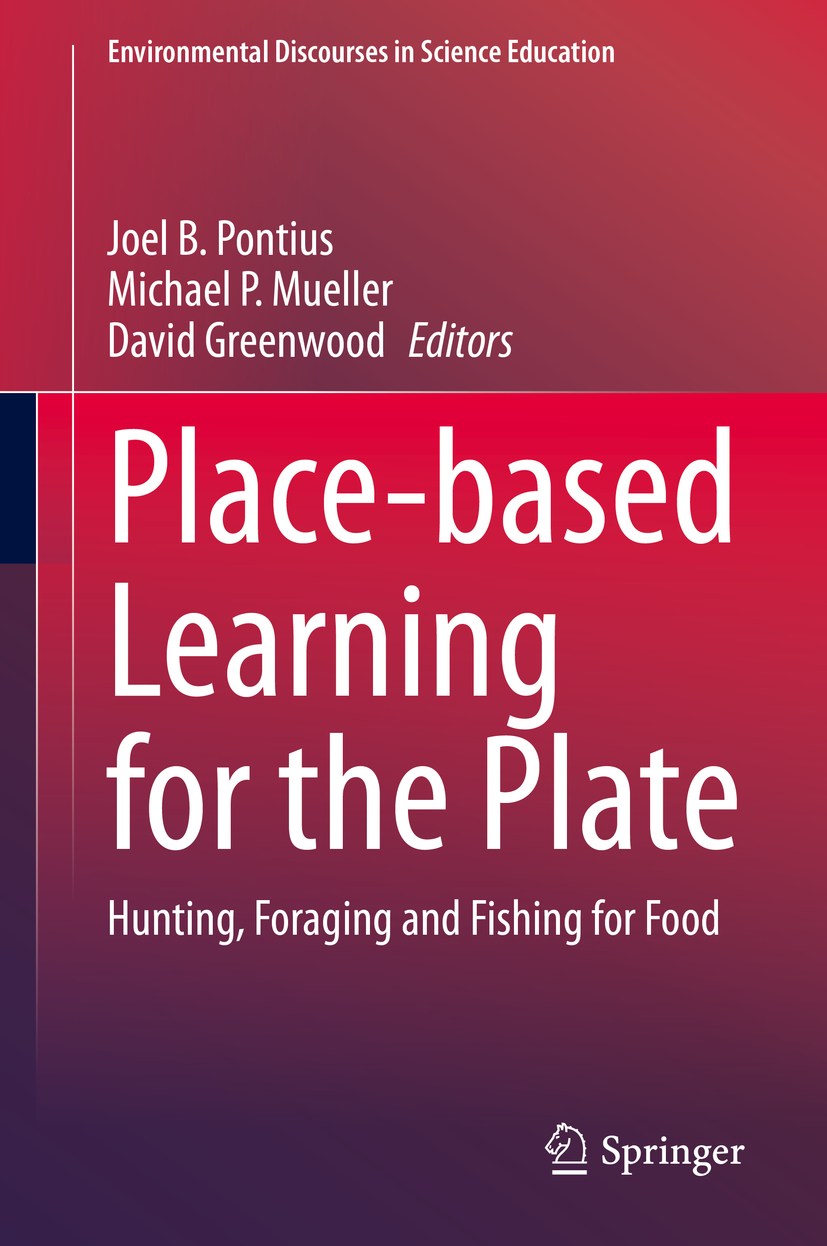
This series wrestles with the tensions situated between environmental and science education and addresses the scholarly efforts to bring confluence to these two projects with the help of ecojustice philosophy. As ecojustice is one of the fastest emerging trends for evaluating science education policy, the topics addressed in this series can help guide pedagogical trends such as critical media literacy, citizen science, and activism. The series emphasizes ideological analysis, curriculum studies and research in science educational policy, where there is a need for recognizing the tensions between cultural and natural systems, the way language is endorsed within communities and associated influence, and morals and ethics embedded in school science. Conversations and new perspectives on residual issues within science education are likely to be addressed in nuanced ways when considering the significance of ecojustice, defensible environmentalism, freechoice. Book proposals for this series may be submitted to the Publishing Editor: Claudia Acuna E-mail: Claudia.Acuna@springer.com This series wrestles with the tensions situated between environmental and science education and addresses the scholarly efforts to bring confluence to these two projects with the help of ecojustice philosophy. As ecojustice is one of the fastest emerging trends for evaluating science education policy, the topics addressed in this series can help guide pedagogical trends such as critical media literacy, citizen science, and activism. The series emphasizes ideological analysis, curriculum studies and research in science educational policy, where there is a need for recognizing the tensions between cultural and natural systems, the way language is endorsed within communities and associated influence, and morals and ethics embedded in school science. Conversations and new perspectives on residual issues within science education are likely to be addressed in nuanced ways when considering the significance of ecojustice, defensible environmentalism, free-choice. Book proposals for this series may be submitted to the Publishing Editor: Claudia Acuna E-mail: Claudia.Acuna@springer.com
More information about this series at http://www.springer.com/series/11800

This Springer imprint is published by the registered company Springer Nature Switzerland AG.
The registered company address is: Gewerbestrasse 11, 6330 Cham, Switzerland
when the food does not come from a flock in the sky, when you dont feel the warm feathers cool in your hand and know that a life has been given for yours, when there is no gratitude in return that food may not satisfy. It may leave the spirit hungry while the belly is full. A great longing is upon us, to live again in a world made of gifts. (Robin Wall Kimmerer (2013, p. 3031))
When I was 9, I received an incredible gift along the thunderstorm-flooded shoreline of a small reservoir in North Central Indiana. I had ridden my red bike, with a lime green 5-gallon bucket hanging on the handlebars, to this place I knew. As I walked across the dam, I noticed that the water level was high and hoped they had come up for air.
And they had. One after another, I carefully grasped the crayfish with my thumb and index finger, just behind their raised claws, and dropped them into the bucket. I had eaten lobster before and guessed that these creatures would share a common flavor. There were 3 dozens crawling over each other in the bucket as I peddled home.
I helped my dad cook them. As we lowered them into boiling water, the crayfish transformed instantly from dark brown with black gleaming eyes to pinkish red over their whole bodies. I thought the color was a good sign, as I knew lobsters changed color when they were cooked. With a steaming crayfish on a saucer next to the stovetop, I pulled the tail, which separated easily from the body, and removed the exoskeleton like I had with shrimp at Grandpa Verchs house. I took a cautious bite and chewed for a second. They tasted like lobster, but sweeter.
There was enough food for my whole family. My brother and I shelled the tails, piling them on a serving plate, and my dad worked the meat out of the claws with an old nutcracker. While my older sister would usually pass on fish I had caught or rabbit stew from hunts along the railroad tracks with dad, she dipped the plump white tails into lemon butter and went back for more. This was a different kind of meal. I felt like I had been let in on something special, a miracle that would happen only once. This was one of the many childhood gathering experiences that encouraged me to continue paying close attention to the places around me and to approach them with curiosity and openness. Decades later, the learning continues to deepen, reveal, disrupt, and reorient.
Font size:
Interval:
Bookmark:
Similar books «Place-based Learning for the Plate : Hunting, Foraging and Fishing for Food»
Look at similar books to Place-based Learning for the Plate : Hunting, Foraging and Fishing for Food. We have selected literature similar in name and meaning in the hope of providing readers with more options to find new, interesting, not yet read works.
Discussion, reviews of the book Place-based Learning for the Plate : Hunting, Foraging and Fishing for Food and just readers' own opinions. Leave your comments, write what you think about the work, its meaning or the main characters. Specify what exactly you liked and what you didn't like, and why you think so.

